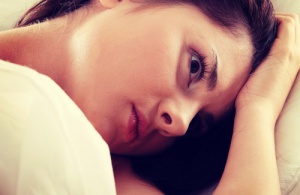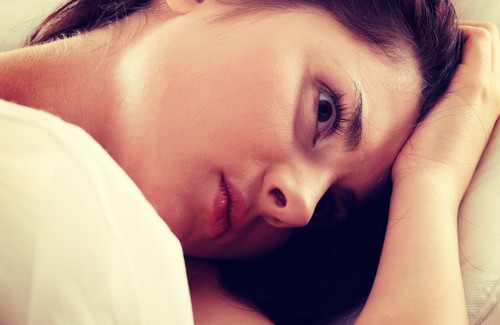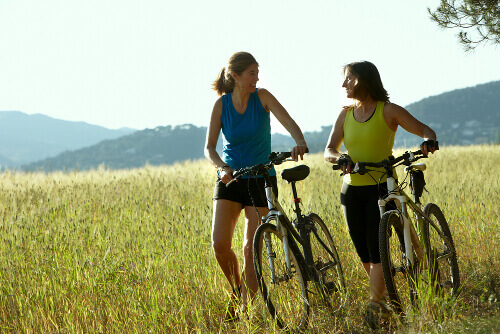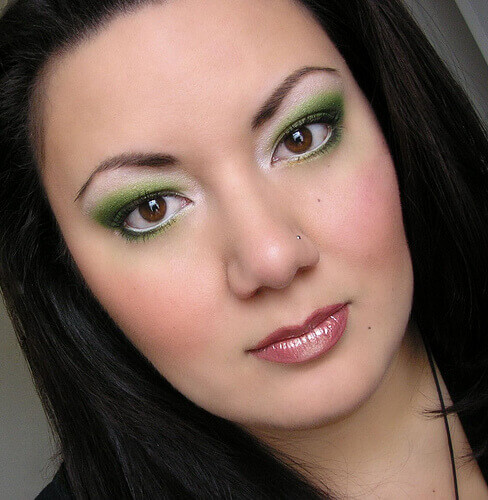Insomnia: What Not to Do After Being Awake All Night

If you have insomnia, you might struggle to fall asleep or stay asleep. Keep in mind that there are some things you shouldn’t do after being awake all night. If you avoid doing these things, you’ll feel healthier and better the next morning. Here are some tips regarding the most common mistakes people make after being awake all night, tossing and turning.
You might like: Beat Insomnia With These Four Tips
Don’t Do These Things After Being Awake All Night
1. Drink one of those famous energy drinks

You can have a nice hot coffee, take a nap or drink tea throughout the day, but don’t ever have an energy drink. They’re no good for you since they’re filled with ingredients that are bad for your body.
2. Not get any exercise
When you haven’t rested enough at night, your blood sugar levels, cholesterol, and heartbeat may be affected or disrupted. That can make you feel tired all day. In addition, you might feel overwhelmed by fatigue at the wrong place or time.

The best thing to do is try to get some exercise since physical activity, especially the cardiovascular kind, helps release adrenaline and that will keep you awake.
Here’s another popular and effective trick. When you go outside, look up at the sky. If there are no clouds to be seen, stare a few minutes up into that big blue. This sets off a biochemical reaction that helps block the production of melatonin, a hormone that makes you feel sleepy.
3. Take a nap that’s more than 15 minutes long
Experts recommend having a nice cup of coffee and then a fifteen-minute nap. Studies suggest that caffeine takes twenty minutes to kick in so if you lay down for fifteen minutes, you’ll feel great. If you sleep for more than fifteen, it will have the opposite effect because your body will think it’s time for sleep.
4. Wear a ton of makeup
When you don’t sleep enough at night, you don’t look your best. You’re paler, your eyes are bloodshot red, and you have dark circles or bags under your eyes.
After being up all night due to insomnia, most people end up looking a bit like an ugly duckling. You transform because during the night your sweat glands release an enormous amount of toxins.
Since you didn’t get a full night’s sleep, the cells can’t do what they usually do and are supposed to do while you’re sleeping.
You might like: How to Treat Daytime Sleepiness with 5 Natural Remedies

The most natural way to solve this problem is to exfoliate with a natural product to get your blood circulating. To handle the bags under your eyes, you can use a special cream or press warm chamomile tea bags on your closed eyes. Try not to put on too much makeup.
Get Help for Insomnia
All cited sources were thoroughly reviewed by our team to ensure their quality, reliability, currency, and validity. The bibliography of this article was considered reliable and of academic or scientific accuracy.
- Reissig, C. J., Strain, E. C., & Griffiths, R. R. (2009). Caffeinated energy drinks—a growing problem. Drug and alcohol dependence, 99(1-3), 1-10.
- Auyeung, T. W., Lee, J. S. W., Leung, J., Kwok, T., Leung, P. C., Woo, J., & Wing, Y. K. (2013). Cognitive deficit is associated with phase advance of sleep–wake rhythm, daily napping, and prolonged sleep duration—a cross-sectional study in 2,947 community-dwelling older adults. Age, 35(2), 479-486.
- Horne, J., Anderson, C., & Platten, C. (2008). Sleep extension versus nap or coffee, within the context of ‘sleep debt’. Journal of sleep research, 17(4), 432-436.
This text is provided for informational purposes only and does not replace consultation with a professional. If in doubt, consult your specialist.








